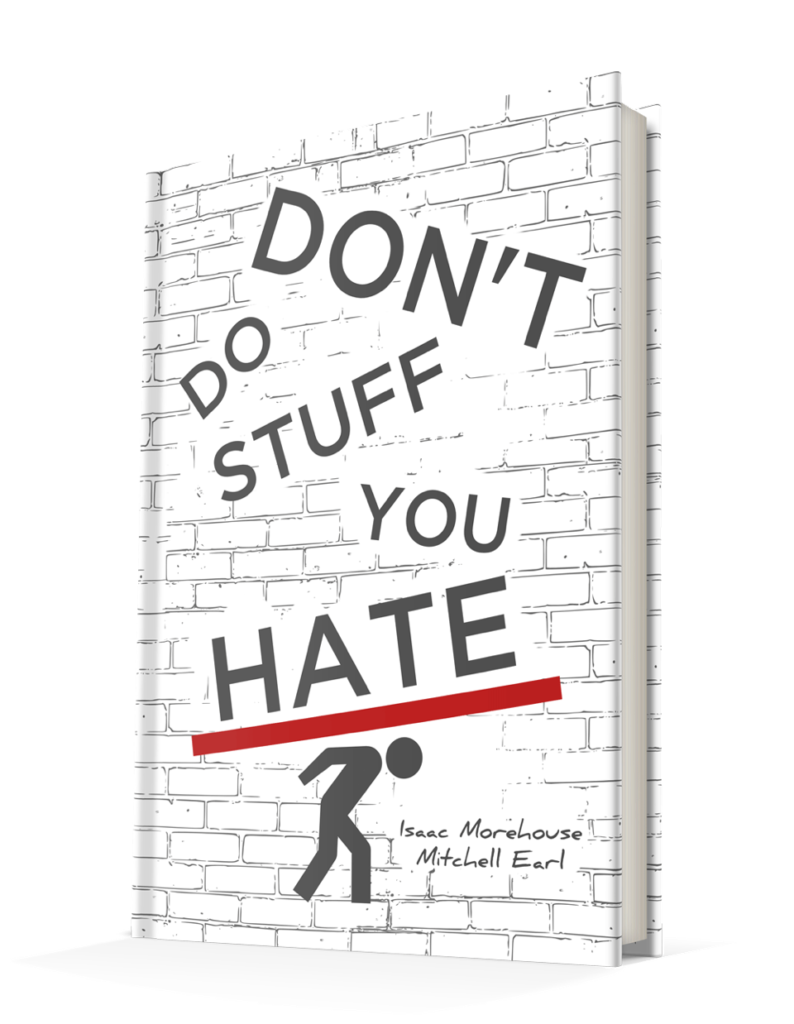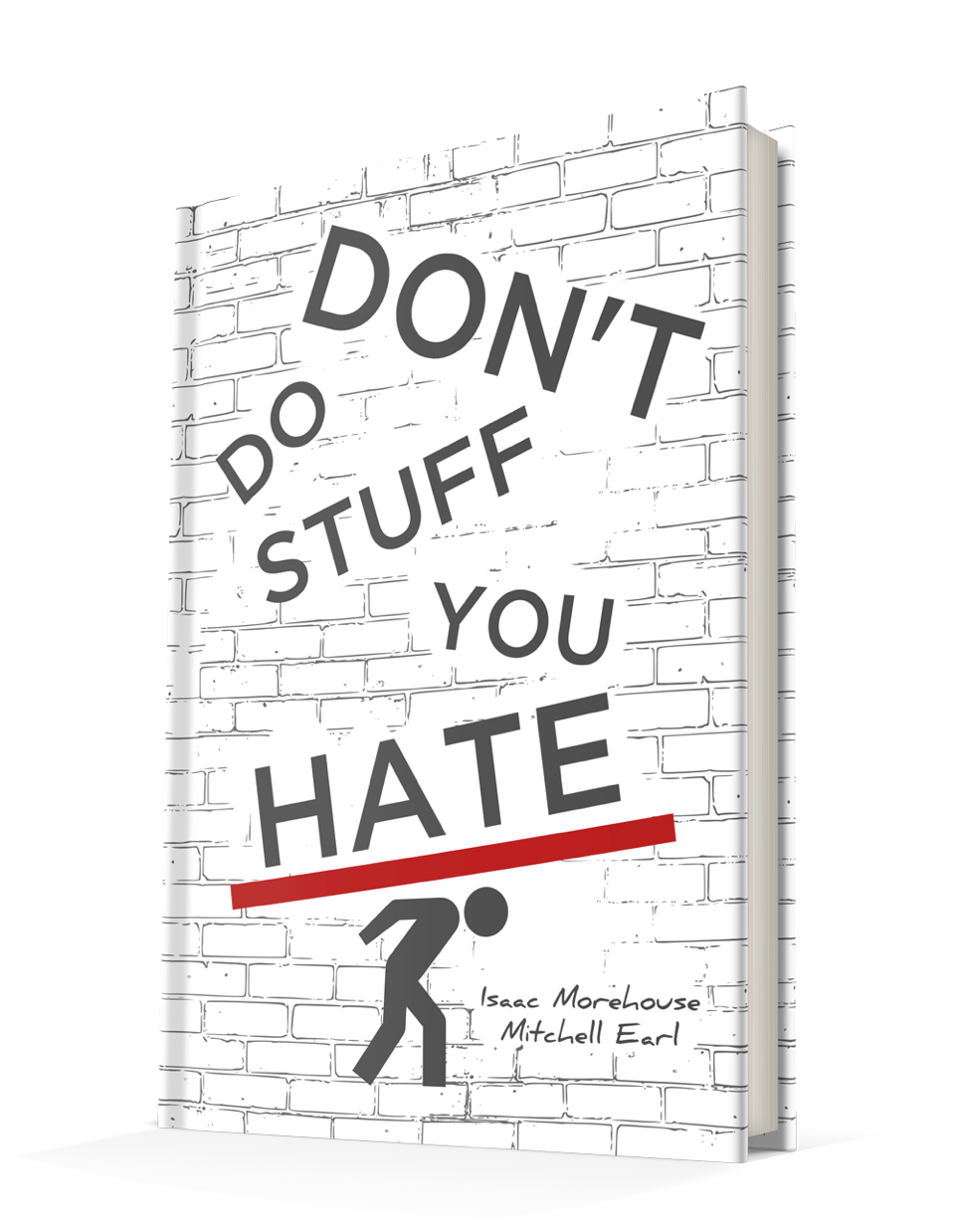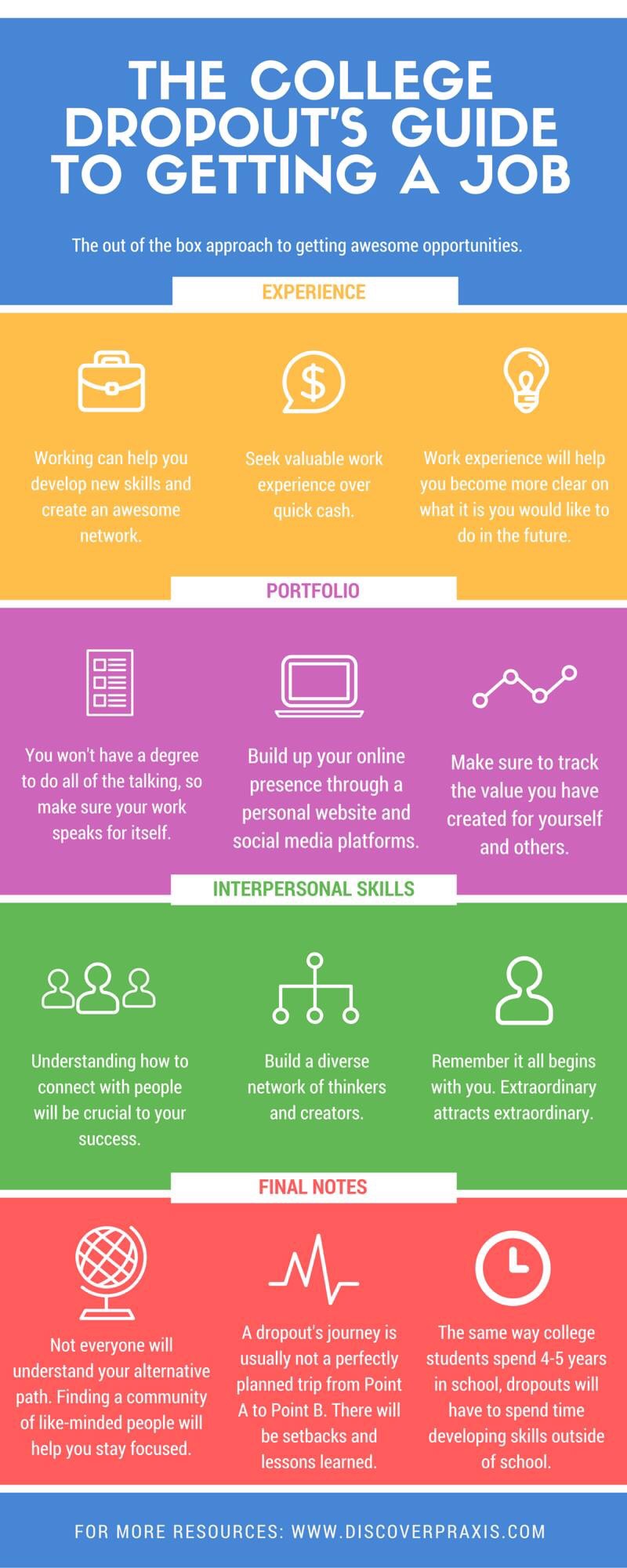When the world becomes free it will not be by the creation of new laws, or the removal of old, or of new political leaders or any election result. It will not be because of a change in government, but because of a change in attitude toward government. It will not be because of legislation, but because of disregard for legislation.
Genuine change will come when the state is ignored, not reformed. It will come not when politicians are better, but when they are irrelevant.
When state-made law is no longer deemed necessary or important it will not be respected. When it is not respected it will not be enforced because it will not be enforceable.
This is how the world will change.
Evidence in the Face of Disbelief
The world can become free of the barbarous relic called the state. The state is a dangerous fiction whose power rests entirely on people’s belief in its necessity, or inevitability. Belief in the state is not insurmountable. It is not hard-wired into the human mind. It is not a given that a state must or will always exist. The state, like so many other superstitions now thought to be outrageous, inhumane and inefficient, can be left in the ash heap of history.
Many once laughed at the notion that an institution as old as humanity itself, the institution of slavery, would or could ever be removed. The prevailing wisdom for centuries, even among those who had discovered the moral repugnance of slavery, was that it was just a part of human nature. Reformers argued the best thing was to work for a more humane version of slavery.
Slavery was an institution that, however evil it may sometimes be and however utopians might imagine a more perfect world without it, was here to stay. Some embarked on efforts to improve the institution, to teach masters to be “good” to their slaves. Some setup rules and mores designed to limit the nastiest outcomes of the institution. But the institution itself was as unavoidable as scarcity and death.
The fatal flaw in this thinking is that slavery and government, unlike scarcity and death, are human institutions. They are, above all, mental constructs. Their physical manifestations are not physical realities humans simply encounter in nature, but realities we create, and humans only create by first imagining. An idea does not become an action unless the individual actor believes that the idea is worth acting on. To subjugate another human being, or to condone or allow the subjugation of one by another, one must first have the idea of subjugation and must believe that acting on it is preferable to ignoring or condemning it. Scarcity and natural death need no such human consent. The old saying about death and taxes turns out to be only half true.
If the state, like slavery, is the result of the ideas held by people it is not inevitable. Some day humanity could look back on the institution called the state with the same sense of shame and wonder that we now have about slavery. How could so many people – many of them good people – live their lives day in and day out surrounded by an institution so inhumane, so nakedly violent and demeaning? Did they really think it was necessary? Did they not understand how degrading it was? It will be hard to understand how so many humans thought the state was inevitable, tolerable and even good. As sure as slavery became a hated relic, so can the state.
How It Happens
When slavery ended it was not by changes in rules or laws or political leaders. Such changes often quickly follow changes in belief and mistakenly receive the credit, but they are never the cause. Slavery ended as people’s ideas about it changed. People began to believe it was not only an evil, but an unnecessary one. People began to believe it so evil that they were willing to tolerate the short-term sacrifices of ending it in order to reap the long-term improvement in the human condition.
The calculation of cost and benefit changed as people’s sense of morality trumped their sense of conservative institutional stability. The unknown outcome of ending slavery became an acceptable risk when considered against the known evil of the institution, which became an unacceptable reality.
Political Reform
Political reform can never bring about liberty. It can on rare occasion expand a bit of liberty for a few, but as long as that expansion occurs via political methods, it means bargaining that often takes away freedom in some other arena, or the long-term furtherance of trust in the state. The political game is about reshuffling and re-enforcing the necessity of the state.
The political game attracts great attention, and as such many suggest using it as a means of educating people about the power of liberty. Politics as education is only valuable in the long term to the extent that it educates people that politics is at bottom bad and government cannot ever be good. If it merely inspires people to advocate that the state do to things better, it is not, in the end, going to make society more free. It is disbelief in politics and in the state that leads to freedom.
The Chinese army fired on their fellow citizens in Tiananmen Square. This massacre was not caused by political leaders and generals saying, “Shoot”; but by men in the Chinese army deciding to shoot. It was not caused ultimately by bad leadership, but by a belief in the necessity of obeying orders. There will always be people with a will to power; a desire to control. Only when the rest don’t believe that power to be necessary and therefore do not obey does freedom reign.
Shift Focus
Humans want to solve problems in the most immediate and direct way possible. We want to know where the problem of restricted liberty begins. We discover the source in a gradual progression. First the focus is on people – the wrong political leaders. This quickly generalizes to political parties or groups, then to policies or laws, then to agencies and institutions, and finally to the state itself.
Here it seems we’re at the core of the problem: the state itself. Not any of the personalities or parties or bureaus or laws under its aegis. But a further shift in focus is required. The state is not the root of the problem. The real problem is not an institution, but an idea. It is the idea that government is necessary. That’s the culprit and final basis for every bad thing the state has ever done.
To a small degree, a shift in focus is happening now. A great many people don’t believe that a particular politician will solve the problems created by the state. An increasing number don’t believe one party is more likely than another to do so. It is more common to hear institutions or the incentives built into the system of government blamed. This is progress. It is, however, still rare to hear the existence of the state itself blamed, and rarer still to hear blame placed on the idea that a state is necessary.
The belief in its necessity gives rise to the state, which by definition is full of bad incentives that attract and nurture bad people in bad parties. To say the people, parties, or policies are the problem would be like blaming the sidewalk for breaking your leg after you walked off a tall building because you were ignorant of the staircase and elevator. Frustration with the sidewalk is useless and ignorant. The proper response would be to question the necessity of walking off the building; perhaps in so doing you would discover other less painful methods of achieving your goal and reaching the ground floor.
There is no form or arrangement of a state that can guarantee liberty. The answer is always peace, markets, and voluntarism. The ring of power cannot be wielded for good, but must be thrown into the fire before it uses good for evil.
Changing Lives and Changing Life
I do not wish to downplay the possible outcomes of attempts to reform the state. By such efforts lives can be changed. A court decision can save an individual or a whole neighborhood from being bulldozed by the state. The removal of a regulation can change the life of an entrepreneur and allow her to pursue her dream. These activities are analogous to disaster relief or soup kitchens; they can genuinely change lives and offer welcome relief. They can change lives, but they cannot change life.
Disasters will still come and go. The conditions that brought about hunger are not ameliorated with the appetite of the person receiving soup. The liberty-crushing actions of the state do not cease when it ceases to crush one neighborhood or regulate one industry for some period of time. The state will – must – continue to seek its own expansion, and it will push at every weak point it finds to do so, ensuring that an endless stream of lives will remain to be helped, but that the conditions of life itself will not be fundamentally altered. Treating disease is noble, but it is different than eradicating disease.
Changing lives is good and fulfilling work. But for those courageous enough to dream, changing life itself is bliss, and can only be done by undermining, not improving the state.
What to Do?
The only tactic worth pursuing is enlightenment. Enlightenment of self and of others, and both continuously. This does not mean telling people what to believe or what to do. It is more akin to discovery than education. A teacher may help you discover truth by providing information, but the discoverer has to have curiosity and openness. It is the discoverer himself who chooses to discover.
Become a free person, and your freedom will be a beacon to others who are searching. Create liberty in your own life, exchange ideas, be open to the power of human creativity. Free your own mind and you will begin to help others to free theirs not by telling them what to believe, but by demonstration and discussion.
The market does not produce new innovations and technologies because smart people tell others what to design; instead it is a constant dynamic give and take, show and tell, creation and imitation, trial and error, the greatest ongoing play of economic exchange.
The building of a free-society needn’t wait until the state is limited or absent; indeed the state will not wither until the free society is first built to replace it. The explosive power of ideas will destroy the foundations of the state as free people continue to live and breath those ideas and demonstrate the life, energy, fun, progress and fulfillment in freedom.
This does not mean everyone who wants liberty must do the same thing. Demonstrating and discussion the ideas of a free society is such a broad and evolutionary task that it opens endless doors. The differences we have in ability and interest lead to numerous efforts, and enlightenment leaves ample room for differentiation.
Our differences will manifest in which “others” we exchange with, and what methods and mediums we use. But it must be an exchange of ideas and the building of a free society. It cannot mean deceiving, cajoling, “nudging”, forcing, bribing, or dictating. These, in the end, will only lead to less freedom.
Liberty not inevitable, but it is possible. A state that does not trample liberty is not possible. So long as the state is deemed necessary it will exist, and the state will always grow beyond its originally desired limits. The state will prey upon society until it destroys it, and then destroys itself. But if the belief in the necessity of the state remains, the deposed state will soon be replaced by a new one and the process will begin again.
The only foundation that society can be built on without collapse is a belief in statelessness.
It must be belief. Consequential (practical) and deontological (moral) arguments against the state miss the point. People will accept an inefficient and immoral system if they believe it necessary. Once they find it unnecessary, they will abandon it and give moral or practical reasons for doing so, but the belief in the necessity of the state must go first.
Imagine Liberty
Ludwig von Mises described three preconditions to human action. An individual must have dissatisfaction with his current condition, a vision of something better, and a belief in the ability to achieve that vision.
Everyone has dissatisfaction with government. Almost no one has a vision of something better. People have visions of a differently structured “necessary evil”, but their lack of imagination makes them keep the modifier, “necessary”. The Proverb says that for lack of vision people perish.
If we open up our imagination there is abundant evidence of order without the state. Non-state norms and institutions produce the majority of the world we see around us. Historically, society precedes the state, and there is ample evidence of stateless solutions to problems we are taught to believe only the state can solve.
Beyond past or present evidence, an application of our knowledge of human potential can also help us envision what could be. Science fiction writers imagine unheard of technologies by looking at technological advances in the here and now. They extrapolate and predict where human ingenuity, if it continues on its present course, may go. The best social thinkers do the same with society.
Some advocates for liberty do have a vision of something better. They can imagine multifarious social arrangements without the state. But most still lack the third condition of human action; a belief in the ability to get there. After so many vein attempts at revolution and political activism it seems there is no answer. But in some ways, the second condition of action is the answer to the third. If enough people can imagine a better solution, they will cease to support an inferior one (even in the face of the unknown, if they believe it to hold promise) and cease to prohibit new experiments. People with imagination too small to envision an automobile may very well accept restrictions on road building. But people who can’t envision the specific manifestation of the automobile, but can imagine human progress and invention capable of surprising them will be reticent to restrict the construction of something with unknown promise.
This is why we needn’t all share the same, or even a very specific, vision of a stateless world. We must, however, be brave and broad-minded enough to see in human relations the potential of order without the state.
For those who can imagine such a world, the task is to open others up to the same possibility. Show them, intrigue them, inspire them. Where imagination is wanting, so is liberty.
When It Happens
Perhaps the beginning of the end of the state will be gradual. Maybe state efforts to restrict minor activities will be increasingly ignored. Bans on food and drink may be laughed at and become unenforceable. Perhaps it will slowly extend to ignoring bigger and bigger restrictions.
Perhaps it will start with a bang. The prohibition of drugs may simply come to an abrupt end, and sooner than anyone expects. Public schooling may suddenly become so little used and so uncompetitive in the face of educational innovation that it disappears.
It may happen without a big production. The visage of the state may not even die with its function. The royalty of England still exist, but they are longer relevant in regulating daily life. They exist as reflection or memory of what was once believed. Some Native American tribes perform rain dances not because they believe, as they once did, that they will bring rain, but as an homage to their past. The state may transform similarly. It may never “go away”, but it may cease to have meaning except as a tradition. Parades and pomp may remain while power over our lives withers.
Fast or slow, big or small, conscious or unconscious as it may be, the world will change. The state can be a relic of the past, harder to understand as time moves on, like slavery in America today. In so many ways the trend is well underway and we are already in a mostly stateless world, though it is little appreciated or understood. It may be a matter of merely realizing what is already true: the state is not, and never has been necessary.
Realistic and Radical
The dissolution of the state doesn’t rely on people to become better or morality to change, or for the next step in evolution. It is a fallacy that government is inevitable and necessary. It could wither away in no time. It is only a matter of us changing our beliefs, paradigms, and theories of world. It only requires that we realize that it is not necessary. I say only, but the power of imagination necessary to see that the state is not is no small thing. Opening our minds to this possibility is the greatest and promising intellectual and practical adventure.
Excerpted from the book Better Off Free.
Like this:
Like Loading...




